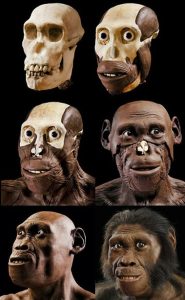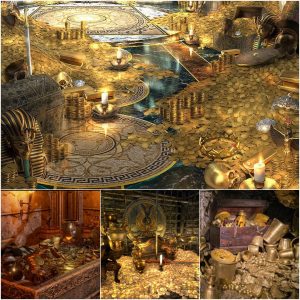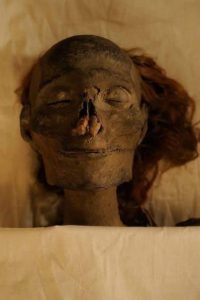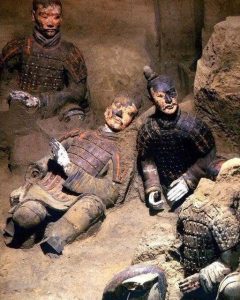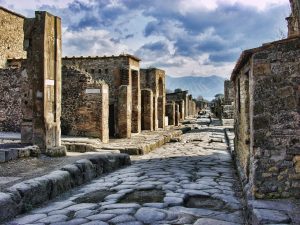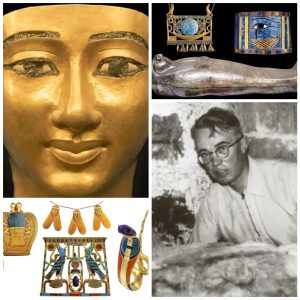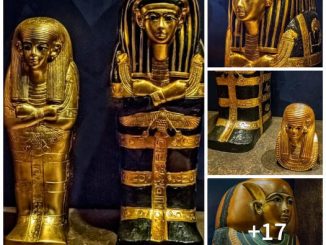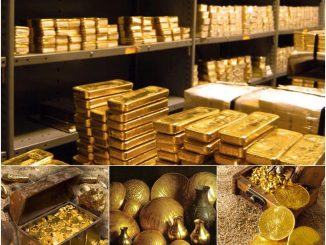In the heart of Miraflores, a part of Lima’s bustling city center, the well-preserved Huaca Pucllana ceremonial center site has yielded the remains of a 1,000-year-old mummy, dated to the beginning of the pre-Incan Ychsma culture (1100-1469 AD). The specimen is an adult individual with an intact jaw and long, brown hair, and was found alongside ceramic vessels, textiles, and other objects inside an underground funeral chamber.
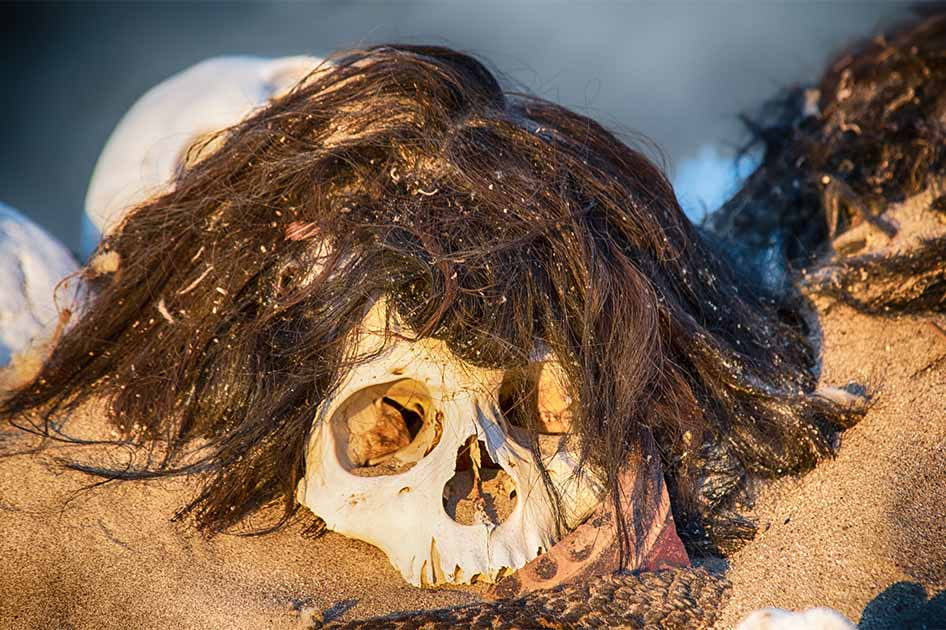
The mummy was found inside the pyramidical structure in a sitting position with bent legs, reports Reuters. “I find it quite interesting that right in the heart of Miraflores, in the middle of the city, surrounded by modern buildings and constructions, an important site is still preserved, the Huaca Pucllana ceremonial center,” said archaeologist and leader of the excavation Mirella Ganoza.
A Sacred City Center, A Long Association of Cultures and a Ychsma Burial
The Huaca Pucllana is a sizable clay pyramid in the city’s Miraflores neighborhood, standing at over 70 feet (21meters) tall. Constructed by the Lima culture, it emerged on the central coast of Peru between 200 and 700 AD (most probably 500 AD), packing seven staggered platforms. It was occupied by the Wari culture subsequently, and then as a sacred center by the Ychsma people.

The site was a significant ceremonial hub for these prehistoric people, and the evidence suggests that its primary use was as a location for ceremonial events, although other administrative activities may have potentially occurred there. The Ychsma people are credited with the construction of at least 16 pyramids and the domination of the central coast of modern Peru, until the rise of the Inca empire.
“Until 2015, Ychsma was known for offerings made with human hair in mattes or wrapped in achira leaves that were found in different areas of this esplanade, even in the cracks”, Ganoza told La Republica.
Similar to other Ychsma burials, this mummy had its legs flexed, feet crossed, and the left hand contains a green woven bag with metal pieces. The Ychsma would traditionally place mud around the body, which caused the decomposition of any textile fiber – the preservation in this case therefore comes as a surprise. One of the vessels found sports a decoration that is typical of the Chancay culture, with abstract and geometric zoomorphic motifs.
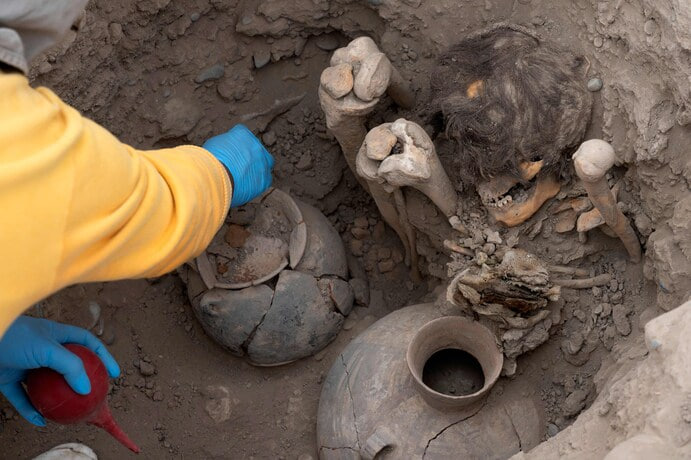
What the Dead Can Teach the Living: Mummy Lessons from Lima
With over 400 sacred sites or huacas in Lima that are far from fully explored, there is much that the dead can teach us. For starters, these mummies can reveal the health, status, and societal conditions of indigenous Peruvians, reports The Washington Post.
While the most famous ruins in Peru are Machu Pichu, the Inca mountain-top royal retreat, several pre-Incan cultures have lived and flourished in Lima, leaving behind indelible marks of their societies and cultures. This year has been one of significant mummy finds, much more than other years.
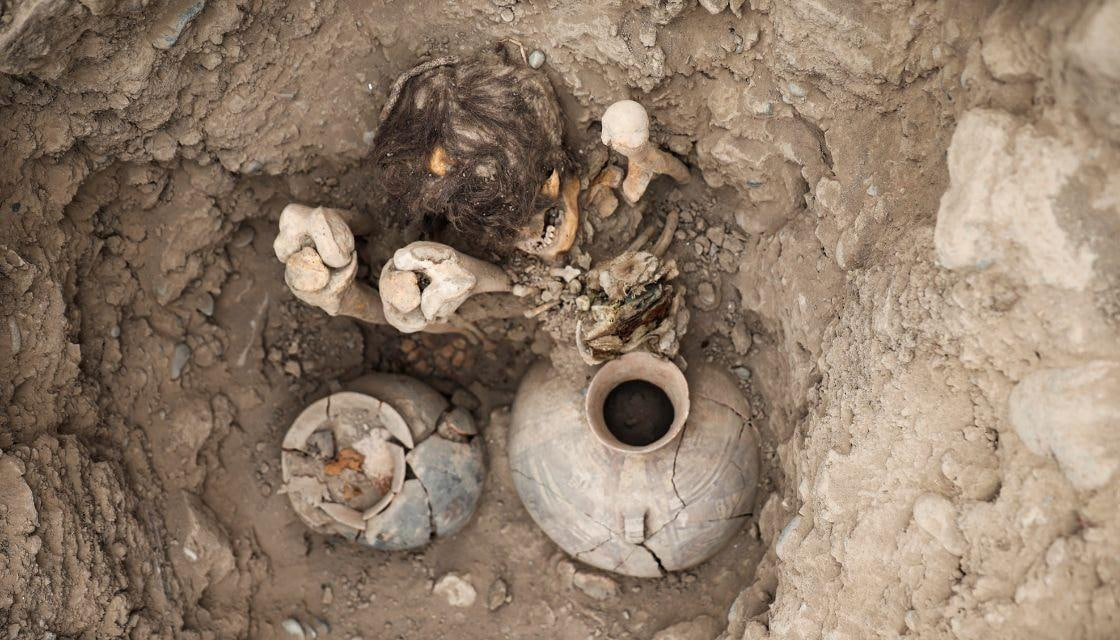
Earlier this year, a 1,000-year-old mummy was discovered by archaeologists at the Cajamarquilla archaeological site, located about 15 miles (24km) from Lima. It was reported by NBC that the remains were believed to have originated from an adolescent, and some of the corpse’s skin was still distinguishable. The mummy was found in an area where at least 20 other individuals were also found, believed to be victims of human sacrifice.
In March, a Peruvian man was apprehended and accused of the illegal possession of historical patrimony, when a mummy believed to be 600 to 800 years old was discovered in his cooler delivery bag. In June, a mummy estimated to be about 3,000 years old was unearthed during another excavation in Lima, as reported by Reuters. Some of the remains were discovered inside a cotton bundle.
Ganoza and their other colleagues believe that the Huaca Pucllana site is a Pandora’s Box, and after having given up several mummies and offerings over the years, there is still a lot left to learn and discover.
Top image: Representational image of a mummy found in Peru. Source: Matthias Kestel / Adobe Stock.
